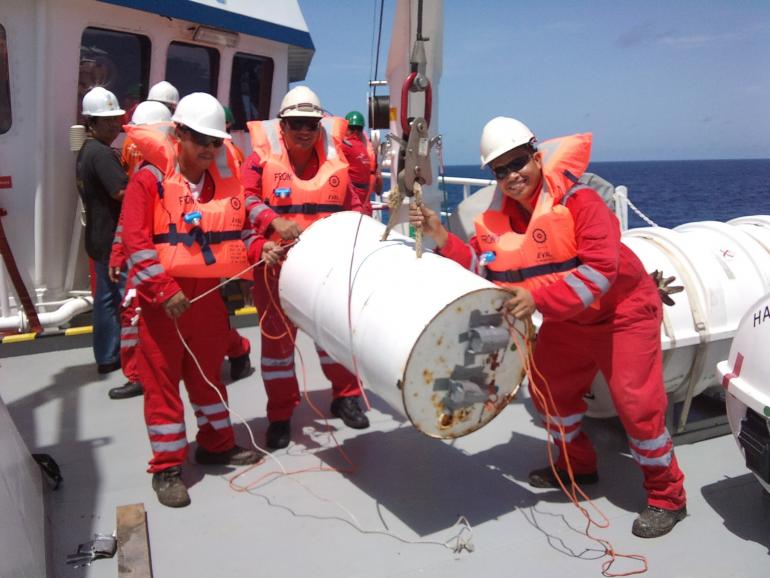Seafarers are key workers

On June 15, the world marks the 10th anniversary of the Day of the Seafarer even as many seafarers serve on the frontline of the COVID-19 pandemic, playing an essential role in maintaining the flow of vital goods, such as food, medicines and medical supplies.
The crisis has led to difficult working conditions for seafarers, including uncertainties and difficulties about port access, re-supply, crew changeovers and repatriation.
This year, the Day of the Seafarer campaign calls on member states of the United Nations to recognize seafarers as key workers – and to provide them with the support, assistance and travel options open to all key workers during the pandemic.
The 2020 Day of the Seafarer campaign pays tribute to seafarers, acknowledging their sacrifice and the issues they face.
Many seafarers have been away from home for months and are unsure when they will be able to return home due to travel restrictions.
The campaign also seeks to raise awareness of the work achieved by seafarers in response to the pandemic and to thank them for their contribution.
Everyone is invited to recognize that the ability of seafarers to deliver vital goods is central to responding to, and eventually overcoming, this pandemic.
The campaign encourages everyone to treat seafarers with the respect and dignity they deserve so that they can continue to provide their vital services to keep world trade moving.
In his message, Pope Francis thanked seafarers and fishermen for their important contribution to feeding humanity, and recalled the difficulties they endure during the coronavirus pandemic.
In a video message sent to the Apostleship of the Sea, Pope Francis recognized the difficulties facing seafarers as a result of the pandemic.
He expressed gratitude for their help in feeding humanity despite the risks involved.
“Your work as maritime personnel and fishermen has thus become even more important since it is providing our greater human family with food and other primary needs,” said the pontiff.
“Long periods spent aboard ships without being able to disembark, separation from families, friends and native countries, and fear of infection,” he said, are a heavy burden to bear.
Anywhere between 150,000 and 200,000 seafarers are currently stranded at sea, according to the UN’s labor agency.
The International Labor Organization said that lockdown measures have prevented healthy maritime personnel from disembarking. Many completed their tours months ago but were forced to stay aboard.
Mental health issues and physical exhaustion are affecting many.
In his message, Pope Francis addressed suffering seafarers directly.
“Know that you are not alone and that you are not forgotten,” he said.
“Your work at sea often keeps you apart from others, but you are close to me in my thoughts and prayers, and in those of your chaplains and the volunteers of Stella Maris.”
The pope reminded them that Jesus’s first disciples were fishermen, something they should take comfort in.
Pope Francis then offered each seafarer “a message and a prayer of hope, comfort, and consolation in the face of whatever hardships you have to endure.”
Radio Veritas Asia (RVA), a media platform of the Catholic Church, aims to share Christ. RVA started in 1969 as a continental Catholic radio station to serve Asian countries in their respective local language, thus earning the tag “the Voice of Asian Christianity.” Responding to the emerging context, RVA embraced media platforms to connect with the global Asian audience via its 21 language websites and various social media platforms.













